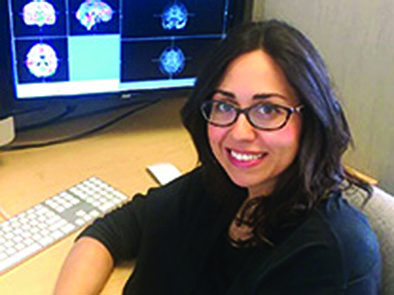(NC) By age 63, one in 10 people have had a silent stroke, doubling their risk for dementia. Most won’t know they’ve had one, because they will experience none of the symptoms typical of a conventional stroke, such as numbness or trouble speaking.
Conventional strokes happen in the brain’s grey matter — regions that control specific functions, including movement or speech. Silent strokes, on the other hand, usually attack white matter, which acts as a highway in the brain connecting various grey matter regions.
As a result, no one faculty is compromised. Rather, silent strokes weaken connections necessary for overall functioning. In many cases, this leads to problems with planning, decision-making and thinking speed.
While there is no proven treatment for reducing these symptoms or the risk of dementia, researchers suspect exercise is key, says Sarah Atwi, a doctoral student in neuroscience at the University of Toronto.
That’s because exercise helps keep blood vessels healthy and increases blood flow, which circulates oxygen and nutrients to the brain. It’s also thought to boost levels of a protein known to help neurons grow.
“So defending yourself against the cognitive deficits associated with old age may be possible,” says Atwi. “The question I want to answer is: Can exercise strengthen these weakened connections within the brain after a silent stroke?”
Funded in part by the Alzheimer Society Research Program, Atwi is now recruiting 60 people who have had silent strokes, as determined by brain scans Atwi will use MRI machines to peer into their brains as they complete various cognitive tasks at the six-month and one-year marks. The MRI will measure signals indicating participants’ blood oxygen levels in brain networks, generally used to accomplish cognitive tasks. The higher the signal, the more active these networks are.
The Alzheimer Society Research Program funds researchers across Canada,to improve quality of life for people living with dementia,for their caregivers and to find a cure. Consider a donation in support of this life-changing work by visiting www.alzheimer.ca.
 Pride News Canada's Leader In African Canadian & Caribbean News, Views & Lifestyle
Pride News Canada's Leader In African Canadian & Caribbean News, Views & Lifestyle





